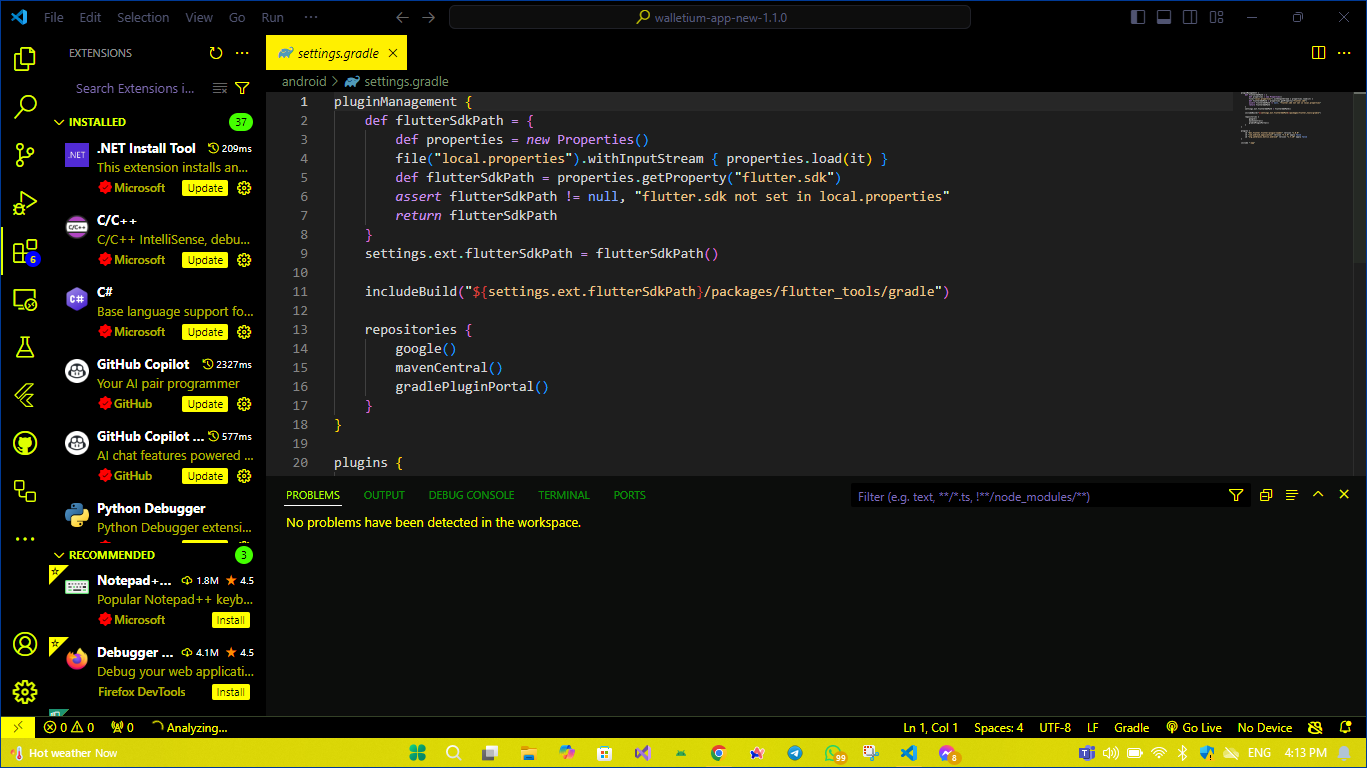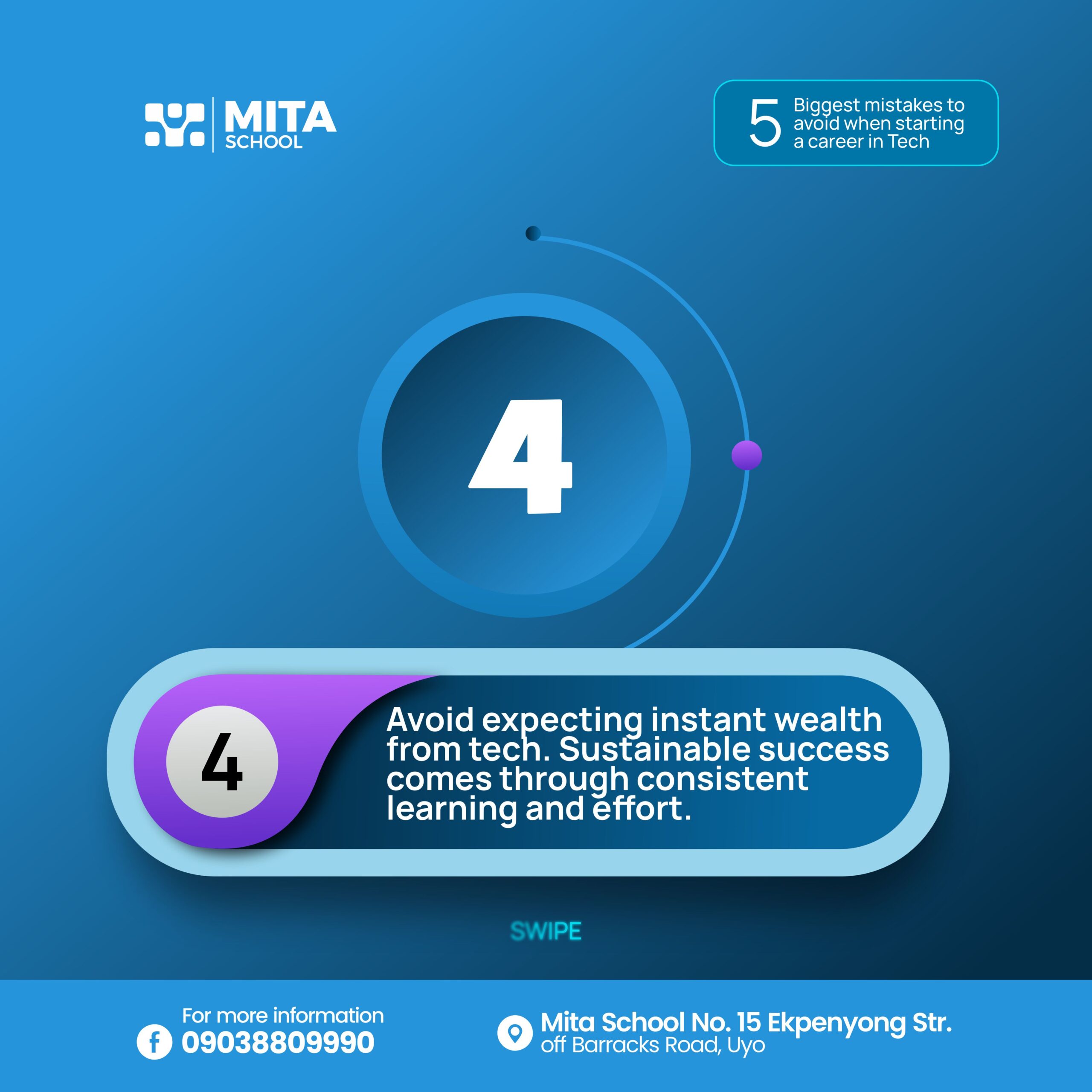Why Certificates Alone Won’t Get You Hired
Across campuses, training centers, and even online boot camps, there is a growing obsession with certificates. People proudly stack them up, sometimes filling their LinkedIn profiles or CVs with endless digital badges and paper qualifications. But here is the hard truth: certificates are only as valuable as the skills and experience behind them.
This mistake is particularly dangerous in today’s world because the gap between theory and practice has never been more visible. A graduate might hold multiple certifications in project management, but if they cannot confidently manage a real team, handle unexpected risks, or deliver results under pressure, their qualifications remain hollow.
The False Comfort of Endless Certifications
Chasing certificates without experience also creates a false sense of accomplishment. People sometimes use the process as a way to delay facing the real world. It feels safer to keep enrolling in the next course rather than taking the risk of applying for an internship, freelancing, or working on a difficult project. But it is only through those challenges that real growth happens.
The global job market provides countless examples. In the United States, employers in tech fields increasingly rely on portfolios and GitHub repositories rather than certificate counts. In Nigeria, young graduates often realize too late that certifications are not enough without internships or practical projects. In India, millions of IT-certified professionals face limited opportunities because execution skills are lacking.
The Smarter Path
To avoid falling into this trap, the wiser approach is balance. Education and certification provide credibility, but they should be complemented with practical exposure.
-
A cybersecurity student should join bug bounty programs.
-
A digital marketer should run small campaigns.
-
A project manager should volunteer in community projects.
Key Lessons
-
The future favors doers, not just learners.
-
Opportunities come when you can show, not just tell.
-
Certificates must reflect a journey of action, not just theory.
Big Takeaway
When certificates are paired with consistent application, they evolve into stepping stones that open doors, build networks, and grow confidence. The real test is not the paper, but how you apply the knowledge in the boardroom, the office, the marketplace, and the community.
Continue Reading the Full Series on Tech Career Mistakes
This article is part of our “5 Common Mistakes People Make When Choosing a Tech Career” series. Explore all the mistakes and discover how to avoid them:





